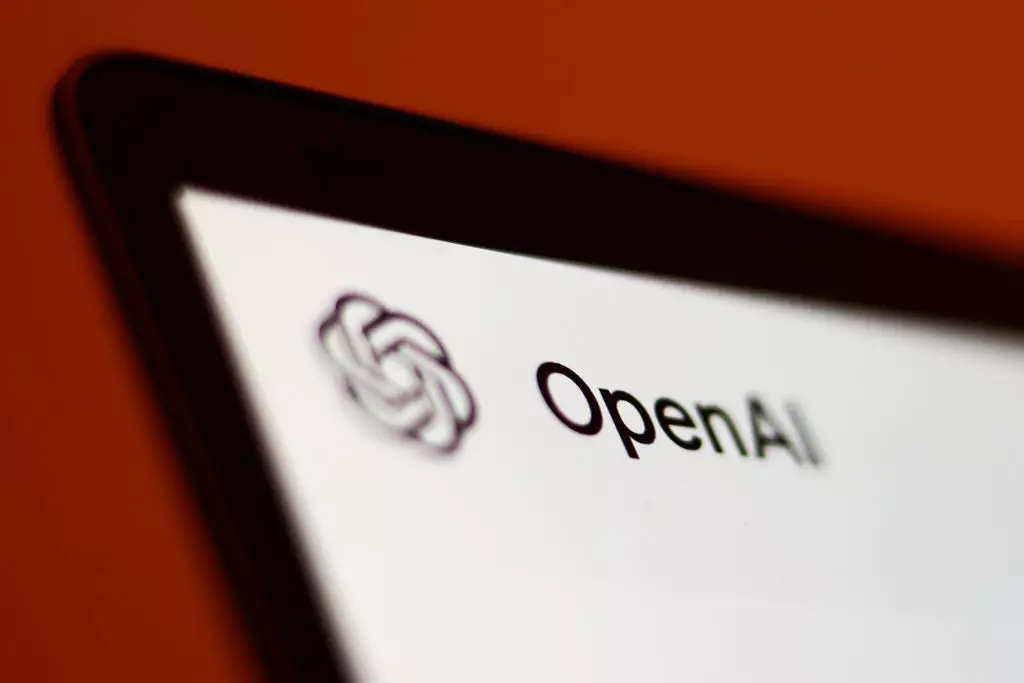In an era where artificial intelligence (AI) is rapidly transforming industries, OpenAI has unveiled a monumental initiative in collaboration with SoftBank, Oracle, and other partners. Dubbed the Stargate Project, this joint venture beckons a new phase of investment in AI infrastructure within the United States. With an initial commitment of $100 billion and potential investments soaring to $500 billion over four years, the project aims to redefine the landscape of AI capabilities and secure a robust foothold for American leadership in this cutting-edge field.
The Stargate Project epitomizes a concerted effort to re-establish American strength in AI research and applications. According to announcements from the involved parties, the venture will commence with a colossal data center in Texas, potentially serving as the operational nerve center for future expansions. Executives from OpenAI, Oracle, and SoftBank have emphasized that the project will play a dual role: bolstering the economy by generating “hundreds of thousands” of jobs while also safeguarding national security. This multifaceted agenda reflects a broader ambition to synchronize industry advancements with national interests in a politically charged environment.
At a press conference graced by high-profile figures including President Donald Trump, the plan was presented not just as an economic opportunity, but as a strategic necessity. The emphasis on national security is particularly poignant, given rising global competition in AI and technology sectors.
The collaboration between these major players illustrates a strategic alliance that harnesses the strengths of each partner. SoftBank, with its substantial financial backing, stands as a lead partner, while OpenAI assumes operational responsibilities. This allocation of roles suggests a carefully planned framework supported by leveraging resources effectively. Additionally, the involvement of tech giants like Microsoft, Nvidia, and Arm complements the initiative with cutting-edge technological expertise.
These partnerships are not merely symbolic; they signify a commitment to an interconnected ecosystem designed to foster innovation. By pooling resources, the companies aim to facilitate the development of proprietary chips that could proliferate throughout the AI landscape. The anticipation of introducing novel AI chips in collaboration with semiconductor firms underscores a forward-thinking approach to scaling AI capabilities, setting the stage for potentially revolutionary applications.
Despite the ambitious scope of the Stargate Project, it is vital to acknowledge the challenges that accompany such large-scale infrastructure endeavors. The complexities of building data centers—particularly in the U.S.—can be exacerbated by bureaucratic hurdles, environmental concerns, and local opposition. OpenAI’s CEO, Sam Altman, has publicly stressed the need for a more efficient regulatory landscape, asserting that barriers currently hinder potential advancements in crucial infrastructure projects.
Moreover, criticisms surrounding data centers should not be ignored. Detractors often argue that these facilities yield fewer jobs than projected and possess adverse environmental impacts, including high water consumption and reliance on fossil fuels. As stakeholders embark on this significant project, they will need to address these concerns proactively to ensure sustainable development.
The overarching ambition of the Stargate Project extends beyond immediate economic benefits; it aspires to reshape the foundational aspects of AI and computing in the U.S. With Goldman Sachs estimating that AI will account for 19% of data center power demand by 2028, this initiative positions itself at the forefront of a critical transformation in energy and resource management in the tech sector.
Furthermore, the potential collaboration with Microsoft to erect a $100 billion supercomputer introduces even greater implications for technological prowess. This advancement could provide substantial computational heft to address complex, real-world challenges across various industries.
As the Stargate Project progresses through its developmental stages, it will not only stake a claim in the ever-evolving AI domain but could also serve as a template for future technology collaborations. However, the success of such a project will hinge on an ongoing commitment to transparency and responsiveness to community and environmental needs.
While the Stargate Project heralds exciting possibilities for AI infrastructure expansion in the U.S., it also challenges stakeholders to navigate the intricate web of economic, environmental, and ethical concerns. The commitment of significant financial resources and partnership collaborations presents a promising narrative of innovation. Ultimately, the success of this initiative will depend not just on financial investment but on a conscientious approach to tackling the multifaceted ramifications of developing such extensive technological frameworks. As we move forward, it is imperative for stakeholders to prioritize sustainability and accountability in their quest to foster revolutionary advancements in artificial intelligence.

